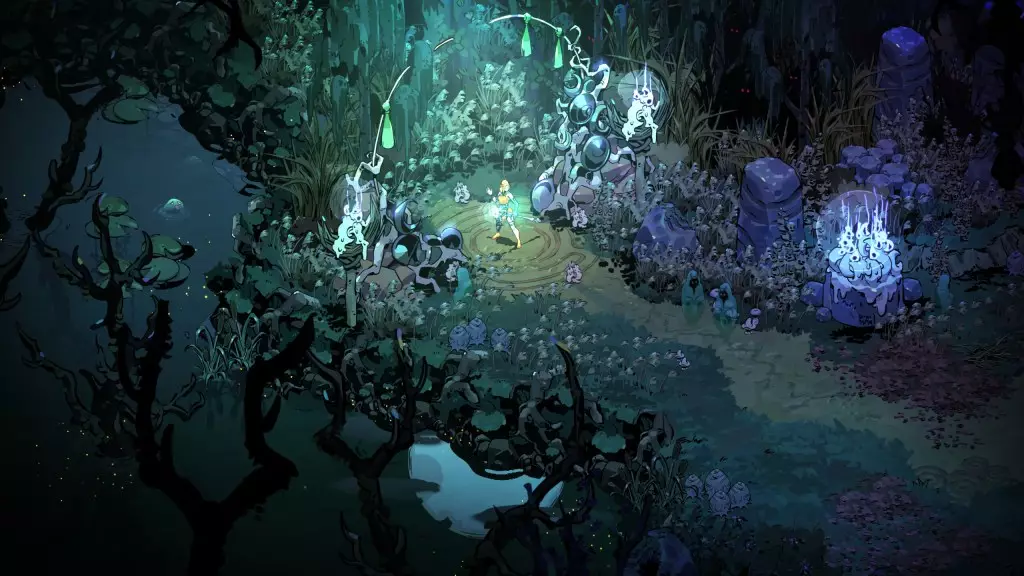Supergiant Games, renowned for developing critically acclaimed titles such as “Bastion,” “Transistor,” and the “Hades” series, has sculpted a reputation around narrative-centric gaming experiences. The studio not only focuses on engaging storytelling but also prioritizes the depth and authenticity brought forth by voice acting. The voice talent often nurtures their characters over extended periods, fostering a deep connection between the performers and the roles they inhabit. This investment in character development typically leads to a cohesive storytelling effort that resonates with players. However, recent events have stirred unease and debate within this dynamic.
The ongoing strike by SAG-AFTRA (Screen Actors Guild-American Federation of Television and Radio Artists) highlights profound concerns within the industry, particularly regarding AI’s impact on voice acting. The actors are demanding robust protections against the use of AI technology, especially concerning voice replication and the training of AI systems utilizing existing voice performances. In this landscape, the strike, which has persisted since August, underscores the industry’s anxieties about the potential commodification of human artistry.
The tension escalated when Marin M. Miller, a prominent voice actor involved in the “Hades” series, took to social media to express her frustration regarding the lack of communication from Supergiant Games. Miller insinuated that the studio might be seeking alternatives to avoid engaging with SAG-AFTRA’s strike protocols. Her suggestion for fans to reach out to the studio for an interim contract further intensified discussions, implying a concerning trend in studios seeking to bypass union negotiations. This was a surprising turn of events, considering Supergiant’s historical support for narrative integrity and voice talent.
In response, Supergiant Games issued a statement claiming they would not recast any roles and denouncing the use of AI in place of human voice actors. This counter-statement aims to quell rising concerns among fans and collaborators regarding the studio’s practices. Nonetheless, the engagement between Miller and the studio raises critical questions about transparency and communication in an industry rife with uncertainty due to the ongoing strike. The absence of a clear resolution not only affects voice actors like Miller but also highlights wider implications for collaborative creative processes in game development.
As the SAG-AFTRA strike continues to unfold, the future of voice acting within the gaming industry remains uncertain. The dialogue between talent and studios must evolve to ensure that the artistry of voice acting is preserved, without the overshadowing presence of AI technologies. For Supergiant Games, a studio that historically celebrates storytelling through its character-driven narrative, this moment may serve as a pivotal point in addressing its relationship with voice actors and the union. For voices like Miller’s, the challenge lies in not only advocating for better working conditions but also in navigating an industry increasingly caught in the whirlwind of technological advancement and financial stakes. The outcome of these discussions may very well shape the future of interactive narratives in gaming.


Leave a Reply
You must be logged in to post a comment.